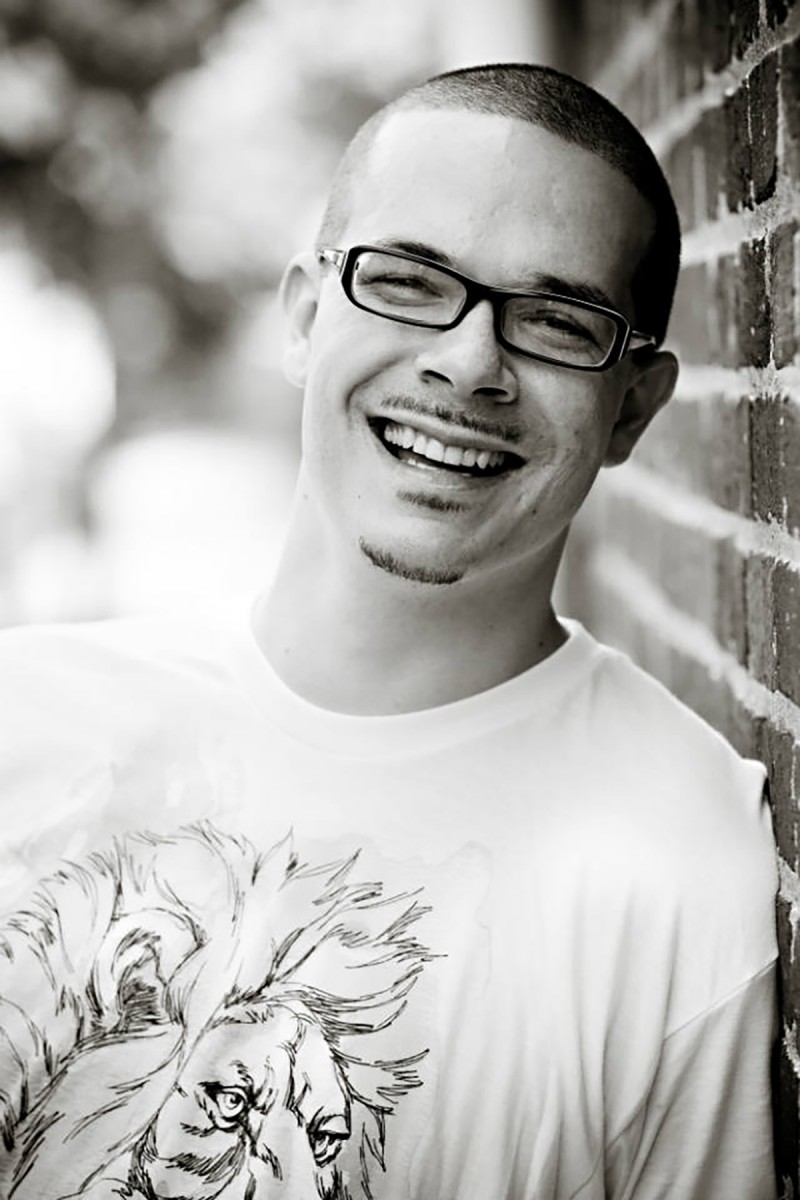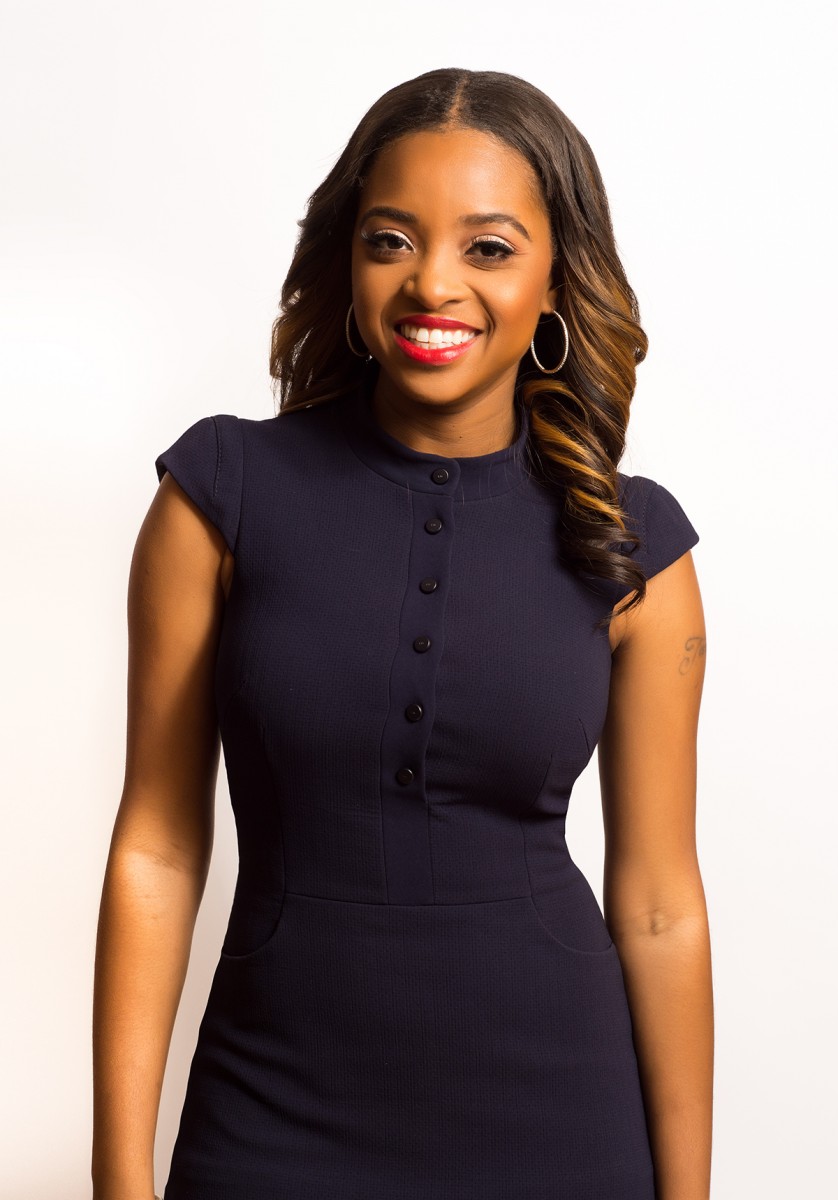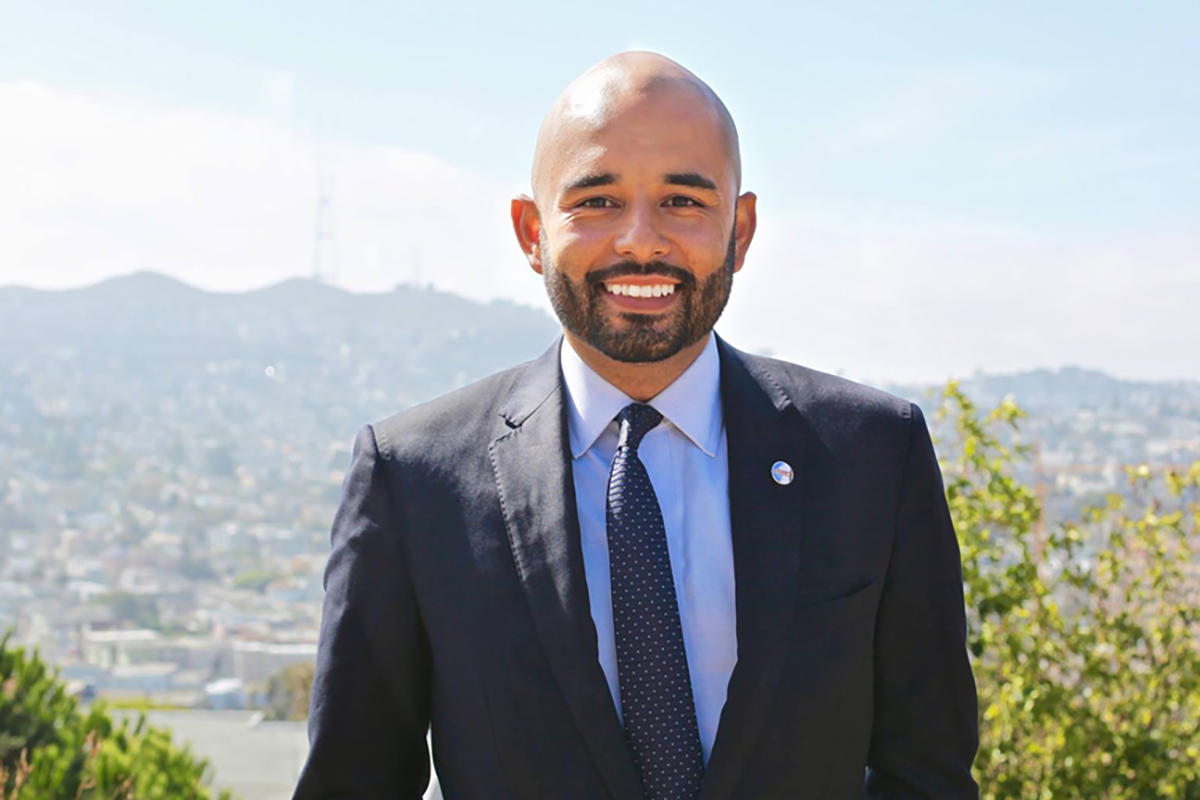
In July 2016, a video of an African-American man pulled over for a traffic stop surfaced on social media. The video depicted the man, Philando Castile, being shot by a police officer while reaching for his glove box. He died shortly after in a local hospital.
The video is shocking and quick, described by the New York Times as how “mundane conversation about a broken taillight devolved within seconds into gunfire.” Trevor Noah, host of “The Daily Show,” said the video was disturbing and “broke my heart into little pieces.”
For Black Lives Matter activist and social justice scholar Edwin Lindo, this type of discomfort can be beneficial.
“I’d like folks to be ready to be uncomfortable because that discomfort is where we grow,” said Lindo, an instructor at the University of Washington. “It’s not an uncomfortableness of being attacked, but an uncomfortableness of being pushed to expand how you see the world.”

At 10:45 a.m. Wednesday, July 25, in the Amphitheater, Lindo will join The Intercept columnist Shaun King and Women’s March national co-chair Tamika Mallory as a panel of Black Lives Matter activists. The panel is part of the Week Five theme, “The Ethics of Dissent.”
King, co-founder of the PAC Real Justice and former senior justice writer at the New York Daily News, visited Chautauqua last summer to speak during a week on “The Nature of Fear.”
“Following Shaun King’s Chautauqua lecture in 2017, we reached out to him about our week on ‘Ethics of Dissent’ particularly on the questions we were intending to explore and how to engage movement leaders in such a critical conversation,” said Matt Ewalt, Chautauqua’s chief of staff. “Shaun was very interested in leading a program with Black Lives Matter activists that would respond to these questions, reflecting on the ethical frameworks that drive the work and how we can understand the ethics of dissent within Black Lives Matter alongside other contemporary movements and the civil rights movement of the 1960s.”
In addition to sharing the history of African-American activism, Lindo said he hopes to emphasize the power of solidarity.

Though police brutality targets black and Latino communities, Lindo said, all races need to recognize inequality and take universal action against such hatred.
“We have to work together because if we don’t, it becomes a struggle and a fight that feels overbearing,” he said. “We need everyone, and to be able to speak to as many people as possible is crucial and necessary.”
For King, this exposure to injustice began in 2014 when he was forwarded several videos of African- American men who fell victim to police violence.
“I learned, as most of America learned and as most of my friends learned, that police in America were not killing people every two or three weeks; it was not even every two or three days,” King said in his lecture last year at Chautauqua.“It was every three or four hours.”
His discomfort sparked action, and now King is well-known within the Black Lives Matter movement. With over 1 million Twitter followers, he uses social media to voice his oppositions against racism and violence. As a co-founder of Real Justice PAC, King and his team work to elect prosecutors at both county and municipal levels who are committed to derailing discrimination in the justice system.
He has also raised almost $10 million for charities worldwide and has received accolades like the Epoch Humanitarian Award.
Mallory, who spearheaded the creation of New York City’s Crisis Management System that works to prevent gun violence, also believes in progressive change that goes beyond simply acknowledging a problem. In an interview with The Root, Mallory criticized those who like her social media posts but fail to take any action.
Specifically, she cited an April 2018 incident when an African-American woman was arrested at a Waffle House in Alabama.
“What happens is sometimes people sit back and say, ‘OK, maybe on social media it’s important, but it’s not important in terms of our bottom dollar,” Mallory told The Root. “So when a young woman by the name of Chikesia Clemons can be dragged up and down Waffle House all over the place … and we can still go to the Waffle House, even though we’re sharing the video on social media, that’s a problem. … I don’t need your likes, I need your movement.”
Mallory devotes her time to social justice causes as president of Mallory Consulting, a firm that has worked with Fortune 500 corporations to fight against issues like gun violence and mass incarceration.
Though these three activists will spend limited time at the Institution, Lindo said he is optimistic about their visit. Progressive change is the end goal, but Lindo said it needs to be sparked through civil and informative conversation.
“I’m glad that these conversations are happening in a place like Chautauqua,” Lindo said. “The history of it is one of curiosity and investigating and one of exploring ideas. If we are only listening to certain ideas, we start to get sucked into a vacuum, so I think this is a chance to present ideas that perhaps are unique to this particular group.”




